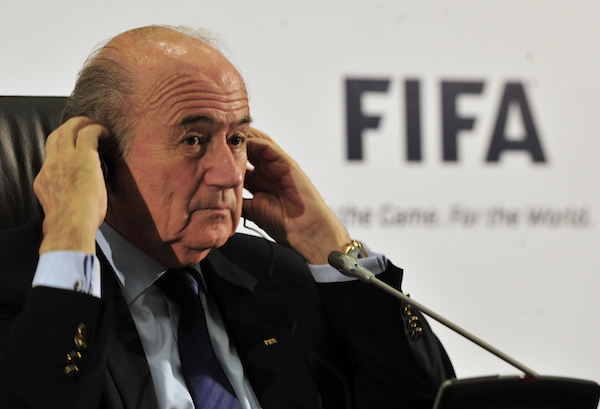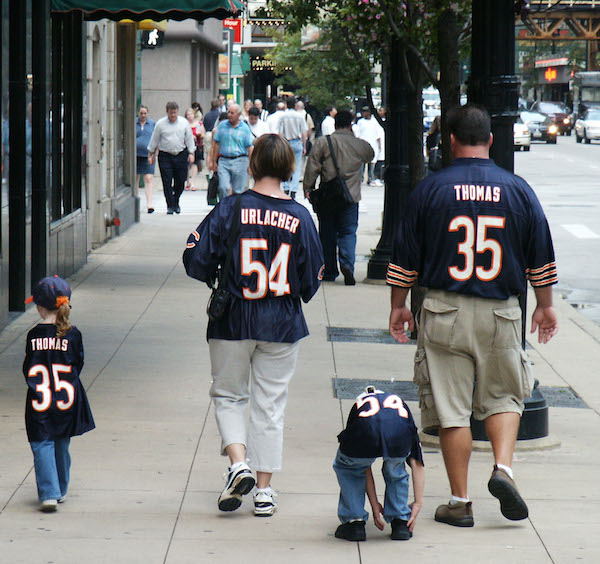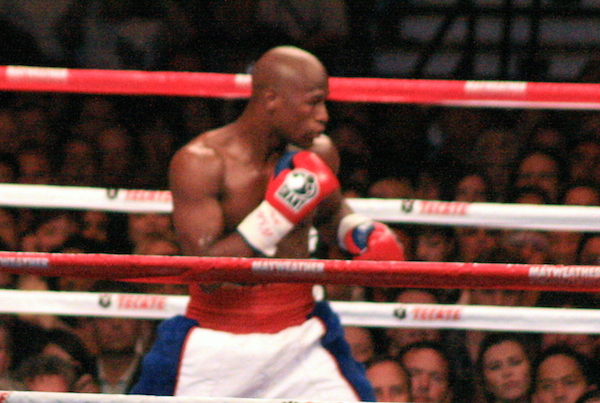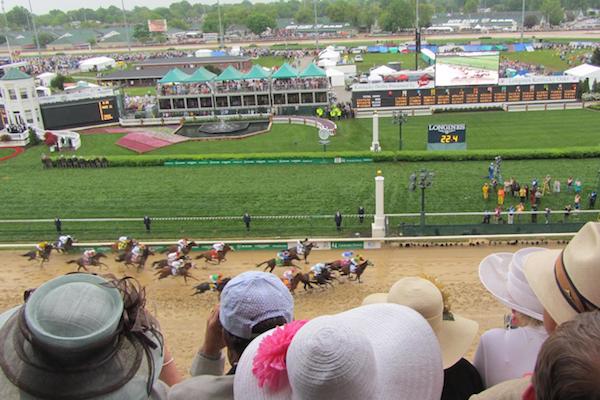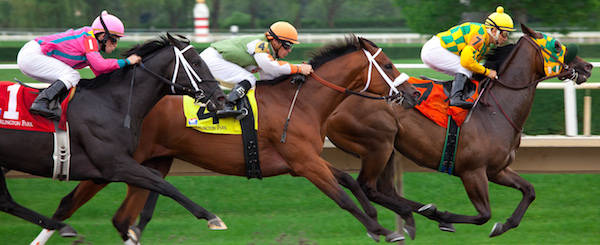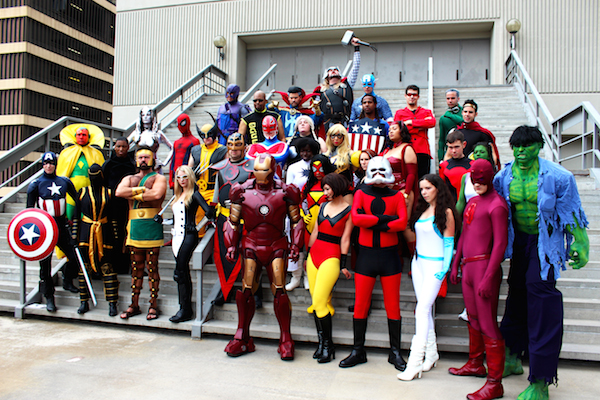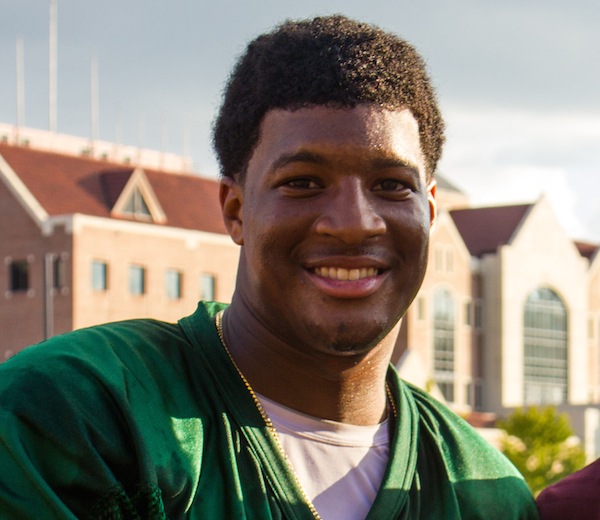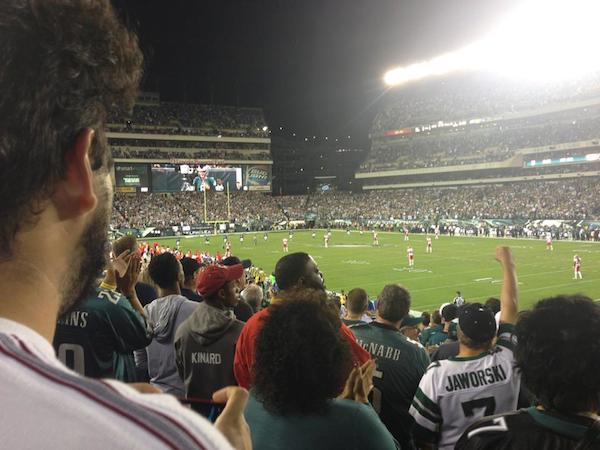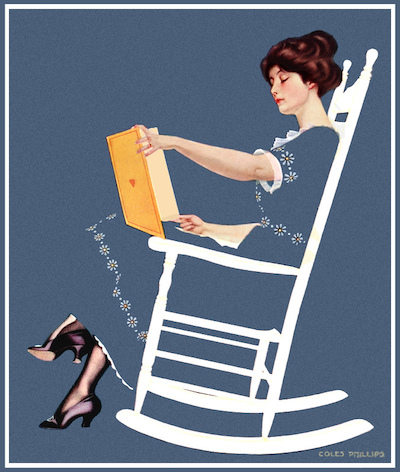Yesterday, the U.S. government arrested more than a dozen people involved with the organization of international soccer competitions. Many of them were in Switzerland for an annual meeting of their organization others were scattered around the world or already in U.S. custody. This is a big story and has been covered extensively by mainstream and alternative media alike. Even with all that coverage, you may still have some basic questions unanswered. If these are them, great! If not, feel free to comment below or email dearsportsfan@gmail.com.
What is FIFA?
FIFA is the primary organization that facilitates international soccer. Its name is a French abbreviation for Fédération Internationale de Football Association or the International Federation of Association Football in English. By maintaining relationships with regional organizations of a similar sort and directly with national soccer associations, FIFA facilitates all games between national soccer teams in both men’s and women’s soccer. This includes putting on the most important and financially viable international tournaments, the Men’s and Women’s World Cup. In many ways, FIFA resembles a country more than a company. It has a president and a congress, not a CEO and a board of directors, it has an anthem, and despite being a non-profit corporation, its 2013 revenue of $1.3 billion would place it 15th in a list of nations by gross domestic product, right between Mexico and Spain. Its current president, Sepp Blatter, has been in office since 1998.
What the heck is CONCACAF?
CONCACAF is one of six regional associations that FIFA maintains a relationship with. It is an absurdly constructed acronym for the Confederation of North, Central America and Caribbean Association Football. Within that region, CONCACAF does many of the things that FIFA does globally, including the running of big, financially viable international tournaments. FIFA uses CONCACAF and the other five major regional soccer associations as divisions for World Cup Qualification. CONCACAF is officially a non-profit and registered in the Bahamas.
Okay, so what exactly are the people who got indicted accused of doing?
The three key charges are “wire fraud, racketeering, and money laundering.” The key word there is racketeering, which is a term we normal associate with organized crime or the mafia. The association is a correct one in this case. Everything gets a lot easier if you think of FIFA as the Corleones, the Sopranos, or a giant, international conglomeration of Stringer Bells. The technical definition of racketeering is quite elegant. Racketeering is the act of collecting money to provide a solution to a problem that would not exist unless you were collecting money for it. A simple example is a protection scheme where a criminal named Bob offers to not break your leg for $50. It’s illegal because protecting your leg from being intentionally broken by Bob is not a problem you needed to solve until Bob started collecting money for not breaking your leg. In this case, the primary service that people within FIFA were collecting money for was for considering bids of countries to host soccer games or tournaments and of media companies or middleman companies called sports marketing companies to cover tournaments. Wire fraud can be widely interpreted as meaning “using a computer to do something else illegal.” So, if you’ve got racketeering and you’re not targeting someone in the stone age, you’ve got wire fraud. The definition of money laundering has expanded past the intentional exchange of illegally acquired money for legally acquired money to mean more generally using legitimate financial institutions like banks or credit cards for illegal acts. This makes money laundering another obvious add-on if you’ve got a racket.
Why is that illegal? Isn’t making money from people who want to host and cover their sporting events exactly what an international sports organization should be doing?
Well, yes, FIFA and CONCACAF exist to organize international soccer games and tournaments and there’s nothing wrong them charging for the right to host or carry those tournaments. The reason this qualifies as a racket is because FIFA officials were there for the purpose of voting on bids by countries and companies who wanted to be involved with soccer during events like the World Cup. No additional payment and certainly no personal payments should have been necessary. Bribing officials to consider your bid became a necessary solution only when those same officials invented a problem (if you don’t bribe me, I won’t vote for you.) A solution to a problem that the person providing the solution invented? That’s a racket!
Why does any of this stuff matters? Who cares?
Here’s the rub. As a soccer fan, none of this affects me. I don’t particularly care where tournaments are held or what media company gets to promote and cover them. I care about the soccer and the soccer players and the wonderful game. The fact that this story is showing up in sports pages and on sports blogs like this one is a distraction from the actual issues though. This isn’t a crime against sports, it’s a crime against people. When corrupt officials make the bid process for a World Cup into a bribery contest, only the most corrupt governments rise to the murky top. Corrupt countries are often despotic countries with very little regard for their own citizens or people in general. Hosting a World Cup is a giant, multi-year infrastructure project. The prime example of this has been and continues to be the awarding of the 2022 World Cup to Qatar. The Washington Post estimates that a total of 1,200 workers, many of them South Asian migrant workers who are essentially trapped on the job, have died in Qatar since FIFA gave that country the World Cup. To writer Christopher Ingraham’s credit, he points out that this figure includes the death of all construction workers in the country, but even if that inflates it by a factor of 10, it would still be two times higher than the next highest death toll from a major sporting event, the 2014 Sochi Winter Olympics. In case you think this is simply a bad country doing bad things which they would do even without FIFA’s encouragement, note that FIFA requires countries who want to host the World Cup to actually change their constitutions and laws during the tournament. In 2010, South Africa, (a country you think would know better), was forced to suspend the constitutional right to protest and constrain some laws regarding freedom of the press in order to host the World Cup.
Got it. Can we get back to deflated balls now?
Yes. Yes we can. Although, just in case you want more on FIFA, here are some great links:
- FIFA’s Long Game by Stefan Szymanski for the New York Times
- Reports: Justice Department Brings The Goddamn Hammer Down On FIFA by Kevin Draper for Screamer
- FIFA’s huge corruption and bribery scandal, explained by Matthew Yglesias and Joseph Stromberg for Vox
- Only The American Justice System Could Go After FIFA by Elie Mystal for Above the Law Redline
- and this priceless video from John Oliver

